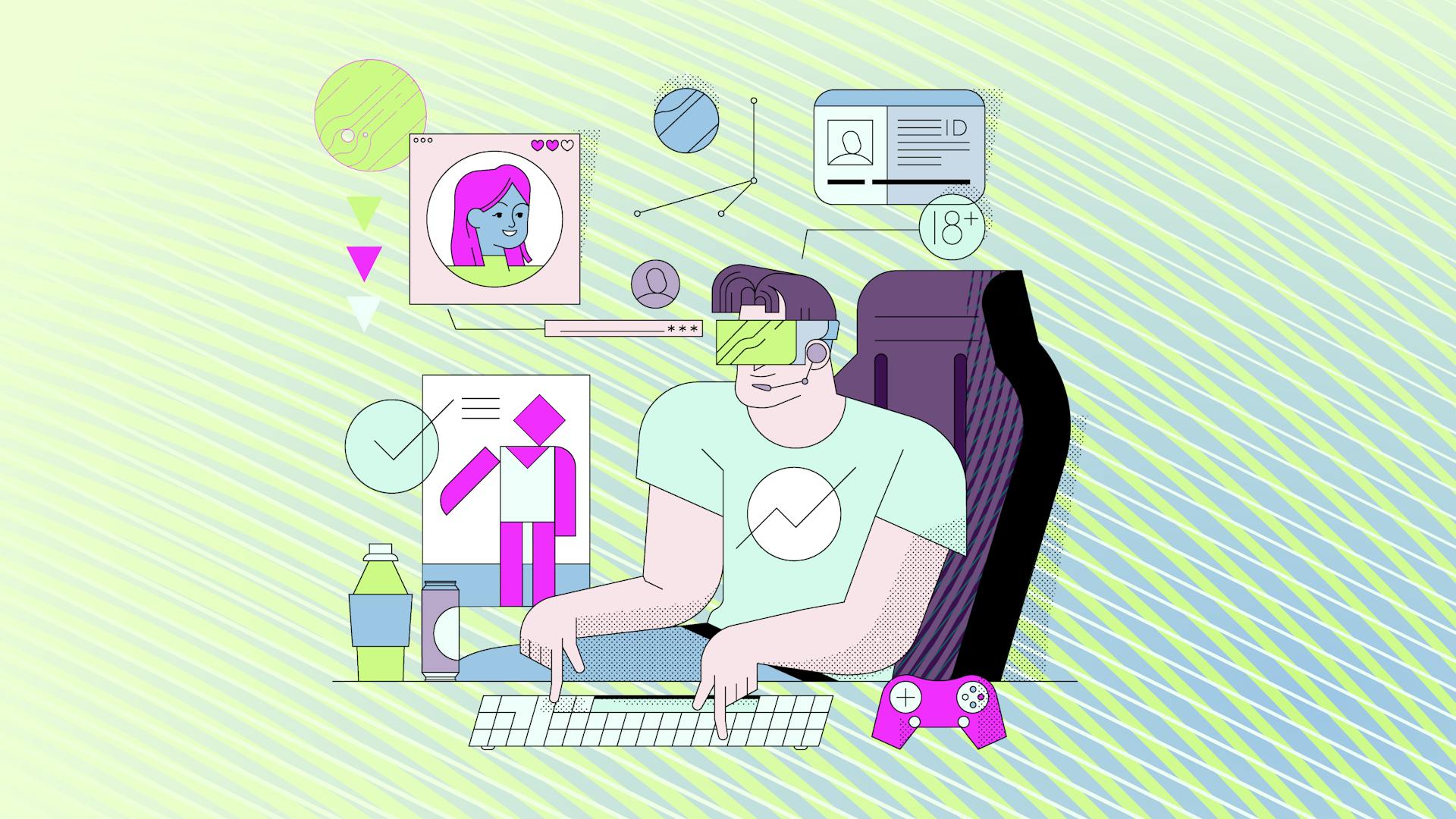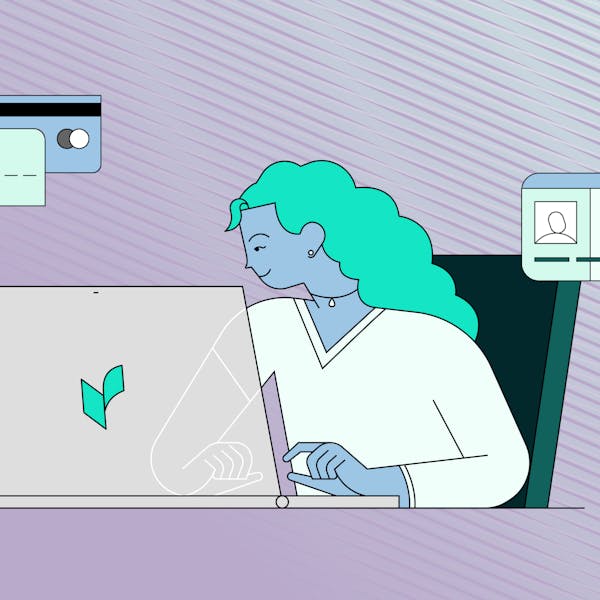Global crackdown on video-game loot boxes: What does this mean for your business?
The regulatory environment for video games, especially ones with in-app purchases and loot boxes, is shifting rapidly. In recent years countries across the globe have implemented new guidelines for keeping children safe and ensuring that age-gated content is only being accessed by those old enough.


Ashley Nelson
The regulatory environment for video games, especially ones with in-app purchases and loot boxes, is shifting rapidly. In recent years countries across the globe have implemented new guidelines for keeping children safe and ensuring that age-gated content is only being accessed by those old enough.
Specifically, many countries have instituted rules around loot boxes. Loot boxes are virtual prizes related to a video game often won by a gamer as a reward or can sometimes be purchased with real currency. These could contain anything from unlocking characters or avatars, equipment, or other things that could be an advantage in the game. Typically loot boxes can’t be viewed before purchase, so these items are blindly bought or won in the game.
The most common games that appear are games like Roblox, Mario Kart, FIFA, Overwatch, League of Legends,CS:GO, and more.
What are the dangers?
UK:
In 2020, the National Health Service in the UK released a statement saying, “Concerns have been raised about children playing video games which involve spending significant amounts of money – often without parents’ knowledge or consent – on so-called ‘loot boxes’, which are virtual collections of in-game purchases and other add-ons.”
Continuing on it stated, “investigations have found numerous cases of children spending money without their parents’ knowledge, including a 16-year-old paying £2,000 on a basketball game and a 15-year-old losing £1,000 in a shooting game.”
"The House of Lords Gambling Committee, a committee within the U.K.'s lower house of parliament, issued a statement in July 2020 calling for legislative action against the sale of loot boxes in video games. The committee concluded that microtransactions akin to loot boxes constitute gambling and fall under the legislative body's jurisdiction. As of yet, no laws have been made but given the committee's recent recommendation, it is probably only a matter of time."
In the past few years, the Netherlands jumped ahead of the EU in terms of loot boxes by outright banning certain kinds within the country. Belgium followed suit shortly after by declaring loot boxes to be an illegal form of gambling. This caused companies as big as Nintendo to pull certain games for sale in Belgium.
US:
In the United States, there have been proposed bills about banning microtransactions in games played by minors, but those bills have not gone to a vote.
In 2020, the Federal Trade Commission released a review of loot boxes and in their Staff Perspective stated: “Some panelists view paid loot boxes as optional expenditures that benefit players by offsetting game development costs and allowing people to play games for free or at reasonable prices. Others cautioned that certain loot box tactics have caused consumers to mistrust industry motivations, a sentiment echoed in written comments submitted to the public docket.”
Australia:
In Australia, the Minister for Communications released a statement in March saying that Australia is introducing mandatory minimum classification of R 18+ and M for computer games containing paid loot boxes. The government also published a report that found an association between loot boxes and gambling addiction.
Japan:
Japan was the first country to take a stand on loot boxes within video games, and they did it over a decade ago. Japan cracked down on complete gacha, a monetization mechanic, which is basically a loot box variant in which individuals pay to get some random reward. According to reporting by ScreenRant, Japan stated that “complete gacha violated laws against “unjustifiable premiums and misleading representation.”
What’s next?
As rules and regulations shift and change, video gaming companies need to be prepared to protect their reputation and comply with shifting regulations around in-app purchases, loot boxes, age-gated content, and more.
Stay compliant with evolving requirements
Veriff helps ensure compliance in regions where age validation is required to purchase video games. Like ESRB in USA, PGI in EU & UK, ACB in Australia and USK in Germany.
Safeguard your players and reputation
Avoid fines and reputational damage with Veriff’s age validation technology that helps enforce age-restricted spaces that shield children from inappropriate content.
Parental consent verification
Veriff enables parents to confirm access which ensures their children only experience visuals and content that are age appropriate.
Enhance user experience
User experience is optimized to make the IDV process intuitive and require minimal manual user input. Real-time feedback and automated detection of document type and country get users onboarded quickly and effortlessly and helps businesses maximize conversions and protect their users.
Explore more
Get the latest from Veriff. Subscribe to our newsletter.
Veriff will only use the information you provide to share blog updates.
You can unsubscribe at any time. Read our privacy terms


